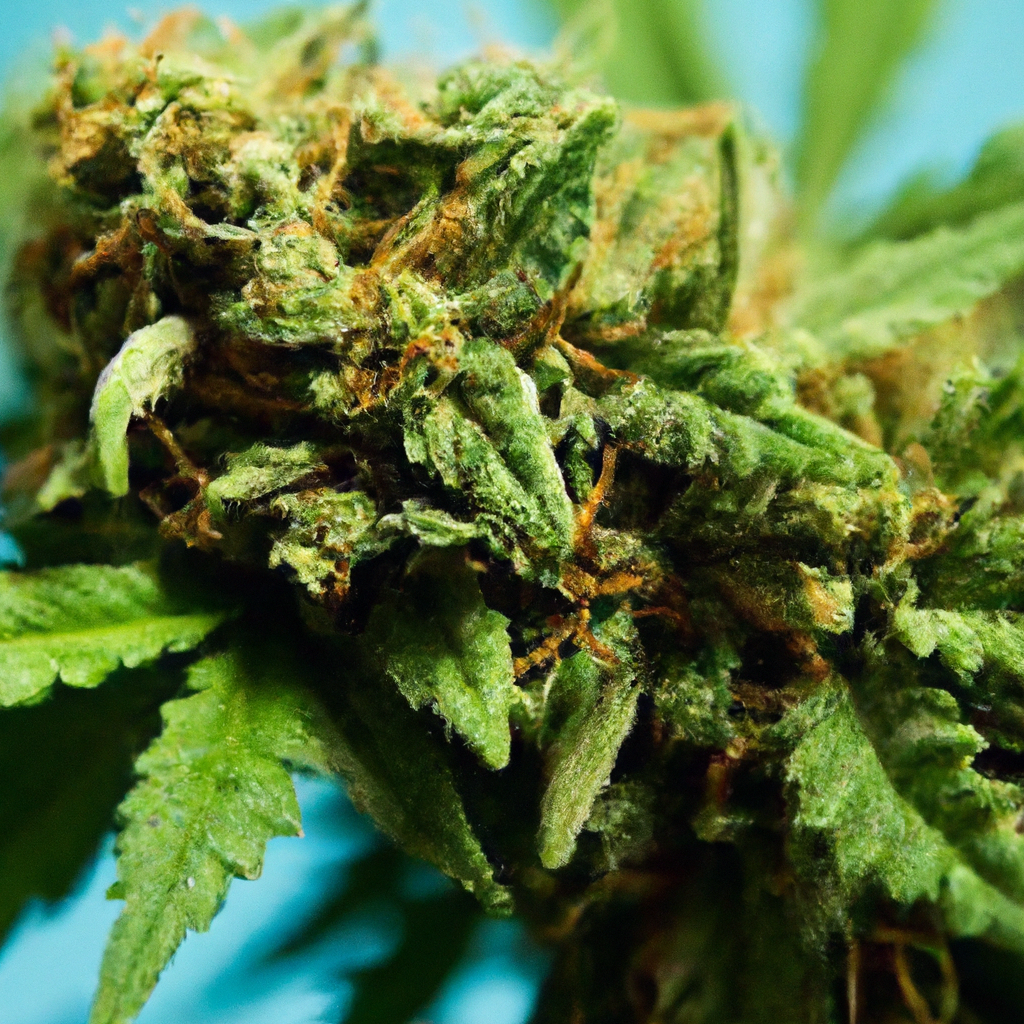Your cart is currently empty!
As the stigma surrounding cannabis slowly fades and scientific research develops, the spotlight turns towards its potential therapeutic applications. One area that is garnering significant attention is the role of cannabis in treating symptoms associated with Parkinson’s disease. This progressive neurological disorder affects millions worldwide, and while traditional treatments are available, the multifaceted properties of cannabis present a new frontier for exploration. Let’s delve into the promising intersection of cannabis and Parkinson’s management.
Understanding Parkinson’s Disease
Parkinson’s disease is a degenerative movement disorder characterized by tremors, stiffness, and difficulty with balance and coordination. The disease results from the gradual loss of dopaminergic neurons in the brain, leading to neurotransmitter imbalances. Traditional treatments aim to restore dopamine function but often come with side effects.
Cannabis and Neuroprotection
Cannabinoids, the active compounds in cannabis, have shown neuroprotective effects in various studies. This property is crucial for conditions like Parkinson’s, where slowing the progression of neuron degradation is key. Cannabinoids appear to reduce inflammation and oxidative stress in the brain, potentially protecting neurons from further damage.
Symptom Management through Cannabinoids
- Tremor Reduction: Some Parkinson’s patients experience a reduction in tremors when using cannabis, thanks to its calming effects on the central nervous system.
- Pain and Stiffness Relief: Cannabis has been reported to alleviate musculoskeletal pain and stiffness, common in Parkinson’s sufferers.
- Sleep Improvement: Cannabinoids can aid in improving sleep quality by easing nighttime disturbances and promoting relaxation.
Real-World Examples and Case Studies
Several case studies highlight cannabis’s impact on Parkinson’s symptoms. For instance, a patient-reported survey indicated that more than 45% of participants experienced substantial symptom relief. A notable case involves a retired veteran who reported a dramatic decrease in tremor frequency and improved quality of life upon integrating cannabis into his treatment plan.
The Legal Landscape and Accessibility
Despite its potential benefits, cannabis’s legal status remains a barrier for many seeking relief. As legalization trends evolve globally, more patients are gaining access. Patients and caregivers must navigate the complex legal and medical landscape to safely and effectively incorporate cannabis into their treatment regimen.
Conclusion
The exploration of cannabis’s potential in Parkinson’s treatment is encouraging, offering new avenues for symptom management and disease progression control. Continued scientific research and evolving legislation are crucial for unlocking this potential. For patients and healthcare professionals, understanding the therapeutic benefits of cannabis can pave the way for innovative, complementary treatment strategies.
Key Takeaway: Cannabis offers promising neuroprotective and symptom management benefits for Parkinson’s disease, though accessibility and further research are essential for widespread therapeutic use.
Tags: CannabisScience, Neuroprotection, Neurological Disorders, HealthBenefits, Legalization Trends
Discover more from Magic Clones
Subscribe to get the latest posts sent to your email.


Leave a Reply